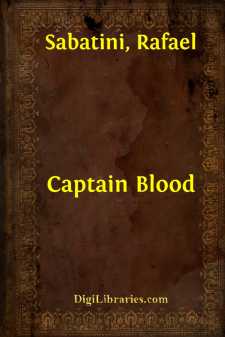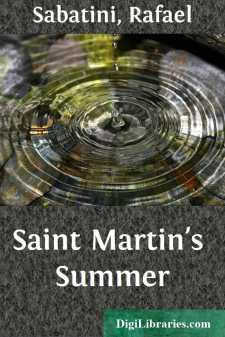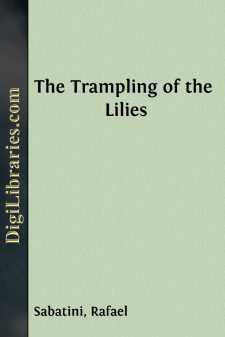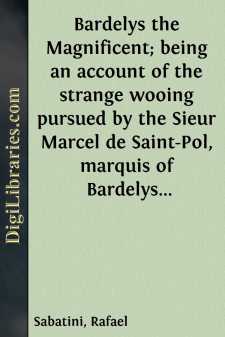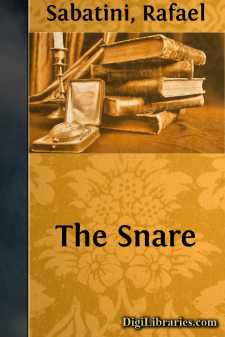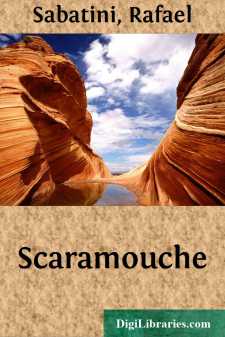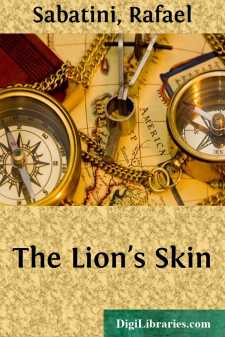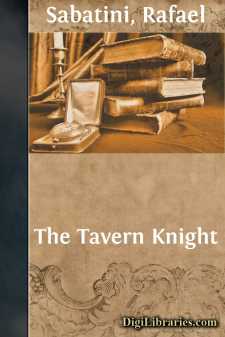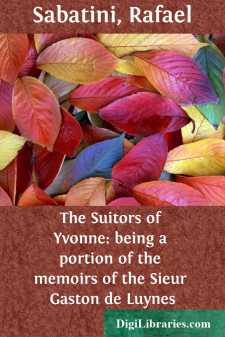Categories
- Antiques & Collectibles 13
- Architecture 36
- Art 48
- Bibles 22
- Biography & Autobiography 816
- Body, Mind & Spirit 145
- Business & Economics 28
- Children's Books 18
- Children's Fiction 14
- Computers 4
- Cooking 94
- Crafts & Hobbies 4
- Drama 346
- Education 58
- Family & Relationships 59
- Fiction 11831
- Foreign Language Study 3
- Games 19
- Gardening 17
- Health & Fitness 34
- History 1378
- House & Home 1
- Humor 147
- Juvenile Fiction 1873
- Juvenile Nonfiction 202
- Language Arts & Disciplines 89
- Law 16
- Literary Collections 686
- Literary Criticism 179
- Mathematics 13
- Medical 41
- Music 40
- Nature 179
- Non-Classifiable 1768
- Performing Arts 7
- Periodicals 1453
- Philosophy 66
- Photography 2
- Poetry 897
- Political Science 203
- Psychology 45
- Reference 154
- Religion 516
- Science 126
- Self-Help 86
- Social Science 82
- Sports & Recreation 34
- Study Aids 3
- Technology & Engineering 59
- Transportation 23
- Travel 463
- True Crime 29
Our website is made possible by displaying online advertisements to our visitors.
Please consider supporting us by disabling your ad blocker.
Captain Blood
by: Rafael Sabatini
Categories:
Description:
Excerpt
CHAPTER I. THE MESSENGER
Peter Blood, bachelor of medicine and several other things besides, smoked a pipe and tended the geraniums boxed on the sill of his window above Water Lane in the town of Bridgewater.
Sternly disapproving eyes considered him from a window opposite, but went disregarded. Mr. Blood's attention was divided between his task and the stream of humanity in the narrow street below; a stream which poured for the second time that day towards Castle Field, where earlier in the afternoon Ferguson, the Duke's chaplain, had preached a sermon containing more treason than divinity.
These straggling, excited groups were mainly composed of men with green boughs in their hats and the most ludicrous of weapons in their hands. Some, it is true, shouldered fowling pieces, and here and there a sword was brandished; but more of them were armed with clubs, and most of them trailed the mammoth pikes fashioned out of scythes, as formidable to the eye as they were clumsy to the hand. There were weavers, brewers, carpenters, smiths, masons, bricklayers, cobblers, and representatives of every other of the trades of peace among these improvised men of war. Bridgewater, like Taunton, had yielded so generously of its manhood to the service of the bastard Duke that for any to abstain whose age and strength admitted of his bearing arms was to brand himself a coward or a papist.
Yet Peter Blood, who was not only able to bear arms, but trained and skilled in their use, who was certainly no coward, and a papist only when it suited him, tended his geraniums and smoked his pipe on that warm July evening as indifferently as if nothing were afoot. One other thing he did. He flung after those war-fevered enthusiasts a line of Horace—a poet for whose work he had early conceived an inordinate affection:
"Quo, quo, scelesti, ruitis?"
And now perhaps you guess why the hot, intrepid blood inherited from the roving sires of his Somersetshire mother remained cool amidst all this frenzied fanatical heat of rebellion; why the turbulent spirit which had forced him once from the sedate academical bonds his father would have imposed upon him, should now remain quiet in the very midst of turbulence. You realize how he regarded these men who were rallying to the banners of liberty—the banners woven by the virgins of Taunton, the girls from the seminaries of Miss Blake and Mrs. Musgrove, who—as the ballad runs—had ripped open their silk petticoats to make colours for King Monmouth's army. That Latin line, contemptuously flung after them as they clattered down the cobbled street, reveals his mind. To him they were fools rushing in wicked frenzy upon their ruin.
You see, he knew too much about this fellow Monmouth and the pretty brown slut who had borne him, to be deceived by the legend of legitimacy, on the strength of which this standard of rebellion had been raised. He had read the absurd proclamation posted at the Cross at Bridgewater—as it had been posted also at Taunton and elsewhere—setting forth that "upon the decease of our Sovereign Lord Charles the Second, the right of succession to the Crown of England, Scotland, France, and Ireland, with the dominions and territories thereunto belonging, did legally descend and devolve upon the most illustrious and high-born Prince James, Duke of Monmouth, son and heir apparent to the said King Charles the Second."
It had moved him to laughter, as had the further announcement that "James Duke of York did first cause the said late King to be poysoned, and immediately thereupon did usurp and invade the Crown."
He knew not which was the greater lie....


